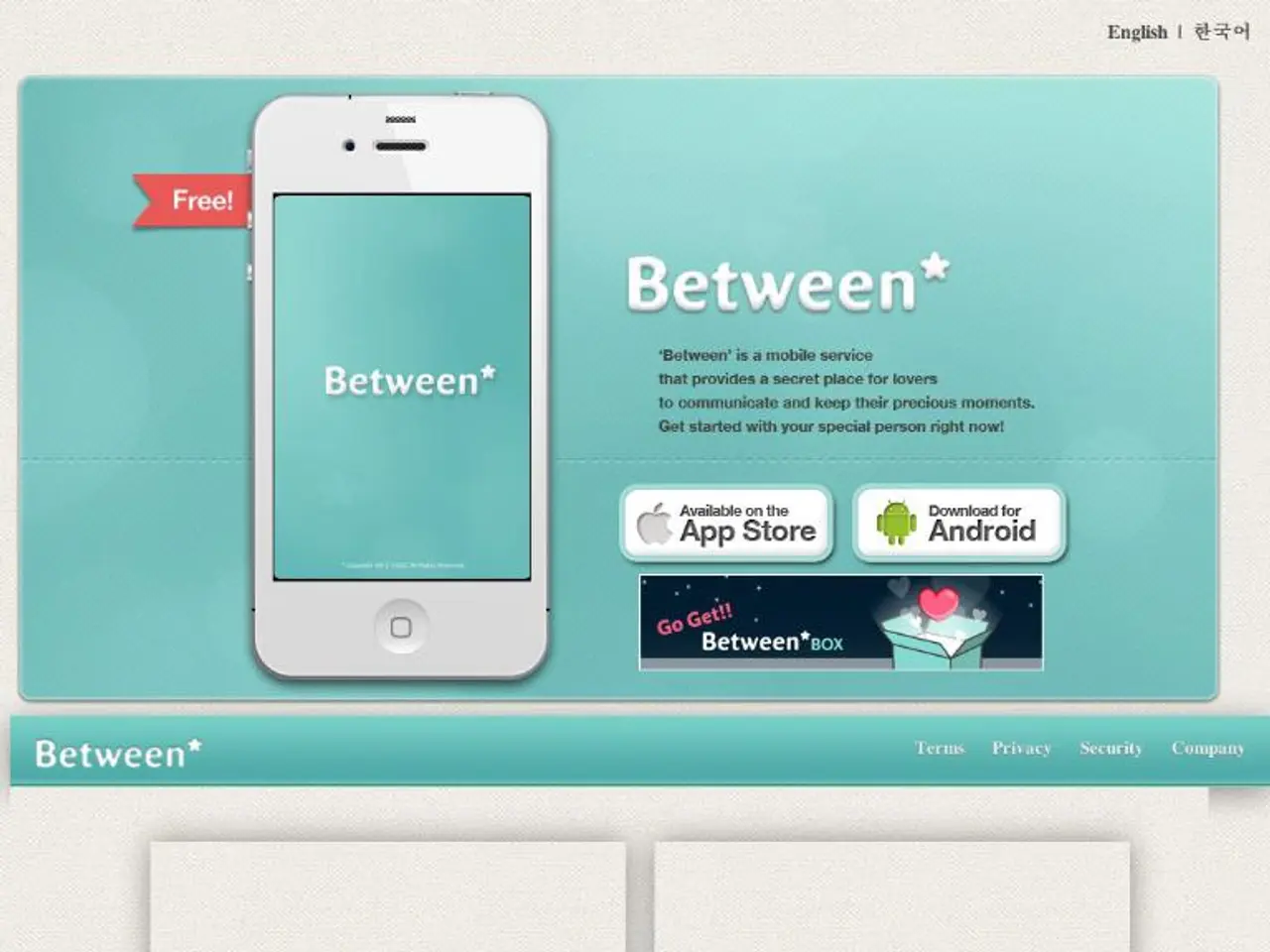Apple reaps a $94 billion profit in Q3, driven by iPhone sales, advancements in artificial intelligence, and environmentally-friendly initiatives.
Apple has reported a strong Q3 2025 earnings, with revenue of over $94 billion, marking a nearly 10% year-over-year increase. The tech giant's net income stood at approximately $23.4 billion.
In a significant move towards sustainability, over 300 of Apple's suppliers now use 100% renewable energy for Apple production. Apple has also made strides in reducing plastic usage, eliminating most plastics from its packaging and switching most plastic in its boxes to fiber-based options. The company has achieved carbon neutrality for its corporate operations and aims to become carbon neutral across its entire value chain by 2030.
Apple's current AI strategy focuses on becoming the trusted, privacy-first leader in personal intelligence. The company is investing heavily in on-device AI, ecosystem control, and long-term user trust. Apple plans to invest over $500 billion in the U.S. economy over four years, building sovereign AI infrastructure such as new data centers, expanding R&D, and hiring around 20,000 AI/ML specialists to support its proprietary AI frameworks and hardware integration.
Under CEO Tim Cook, Apple has shifted to a dual approach: accelerating internal AI research and development while actively pursuing mergers and acquisitions to close the gap with rivals like Google and Microsoft. This has led to reorganizing workforce priorities to embed AI deeply into products, leveraging custom chips (A-series and M-series) for enhanced on-device AI capabilities.
Newer iPhones now include recycled rare earth elements in key parts. Apple is also supporting carbon removal initiatives, including reforestation, wetland restoration, and advanced tech like direct air capture and enhanced rock weathering. The company is working to cut Scope 3 emissions, which account for most of its total footprint.
In the product category, iPhone sales surged 13.5%, reaching $44.58 billion. Mac revenue rose to $8.05 billion, while iPad sales reached $6.58 billion. Services revenue, which includes the App Store, iCloud, and Apple Music, now contributes nearly 29% of total revenue and has 13% year-over-year growth. However, wearables and accessories sales fell short at $7.4 billion.
Recent Apple Watch models are the first to be labeled as carbon neutral. Despite a slight dip in after-hours trading, Apple's stock has shown a positive trend, reflecting investor confidence in the company's future.
As Apple continues to push the boundaries of technology and sustainability, it remains committed to balancing rapid AI development with its hallmark cautious approach to user experience and privacy. The company is delaying the launch of some AI features to ensure reliability and safeguard data privacy, raising questions about Apple's ability to keep pace with competitors rapidly deploying large-scale, cloud-centric AI models.
[1] Apple's current AI strategy [2] Apple's AI push and cautious approach [3] Apple's AI investment and product evolution strategy [4] Apple's strategic M&A for AI innovation
- Apple is investing heavily in on-device AI and taking a privacy-first approach, aiming to become the trusted leader in personal intelligence. This strategy involves investing over $500 billion in the US economy, hiring AI/ML specialists, and building sovereign AI infrastructure.
- Despite pushing the boundaries of AI development, Apple remains committed to balancing rapid AI development with its hallmark cautious approach to user experience and privacy. This has led to the delay of some AI features to ensure reliability and safeguard data privacy.
- Apple's AI investment and product evolution strategy include initiatives such as using recycled rare earth elements in new iPhones, reducing carbon emissions across its value chain, and supporting carbon removal through reforestation and direct air capture.
- In order to close the gap with rivals like Google and Microsoft, Apple is actively pursuing mergers and acquisitions to drive AI innovation. This strategic approach, led by CEO Tim Cook, has resulted in a reorganization of workforce priorities to embed AI deeply into products.




